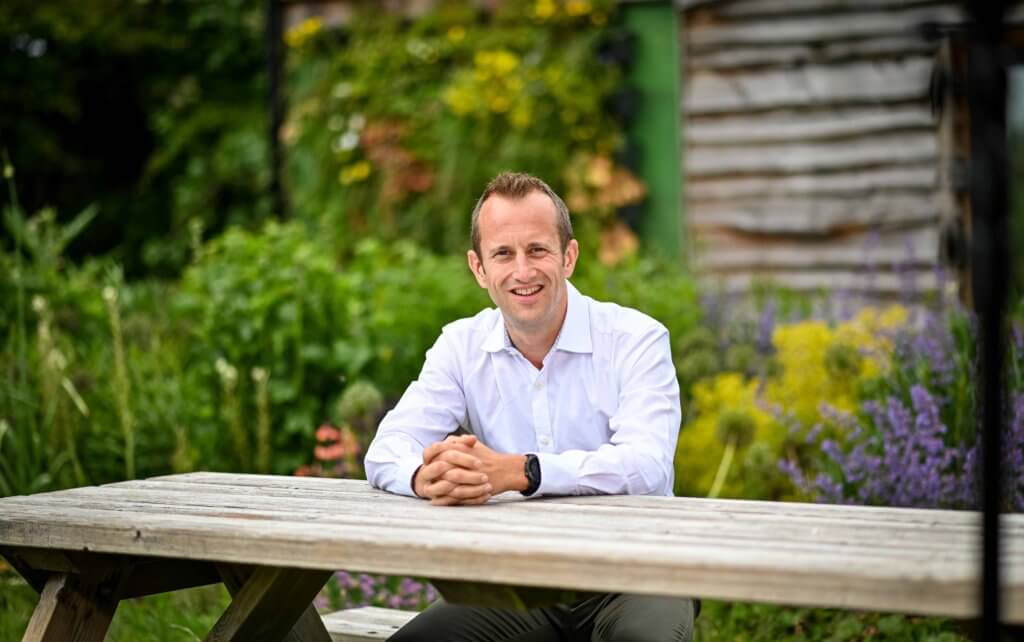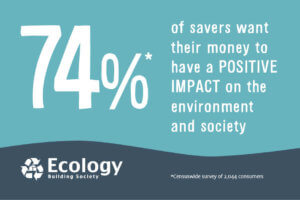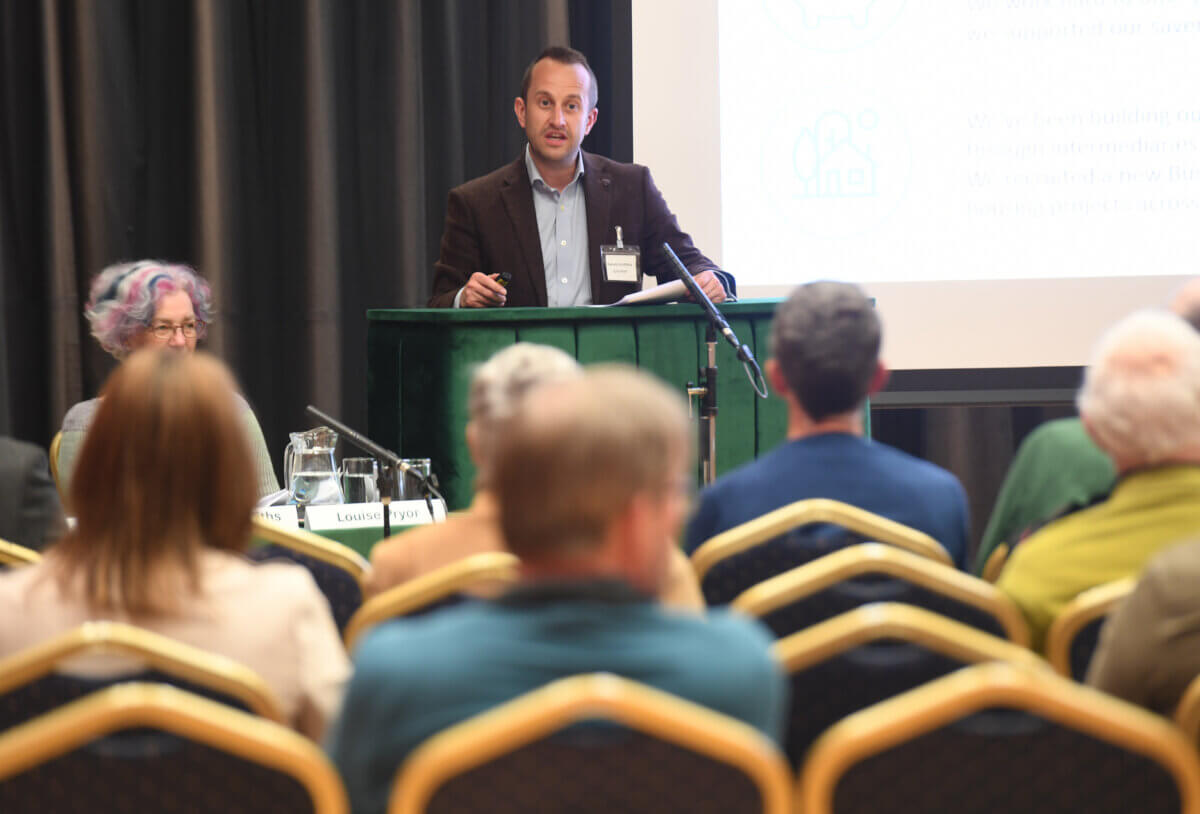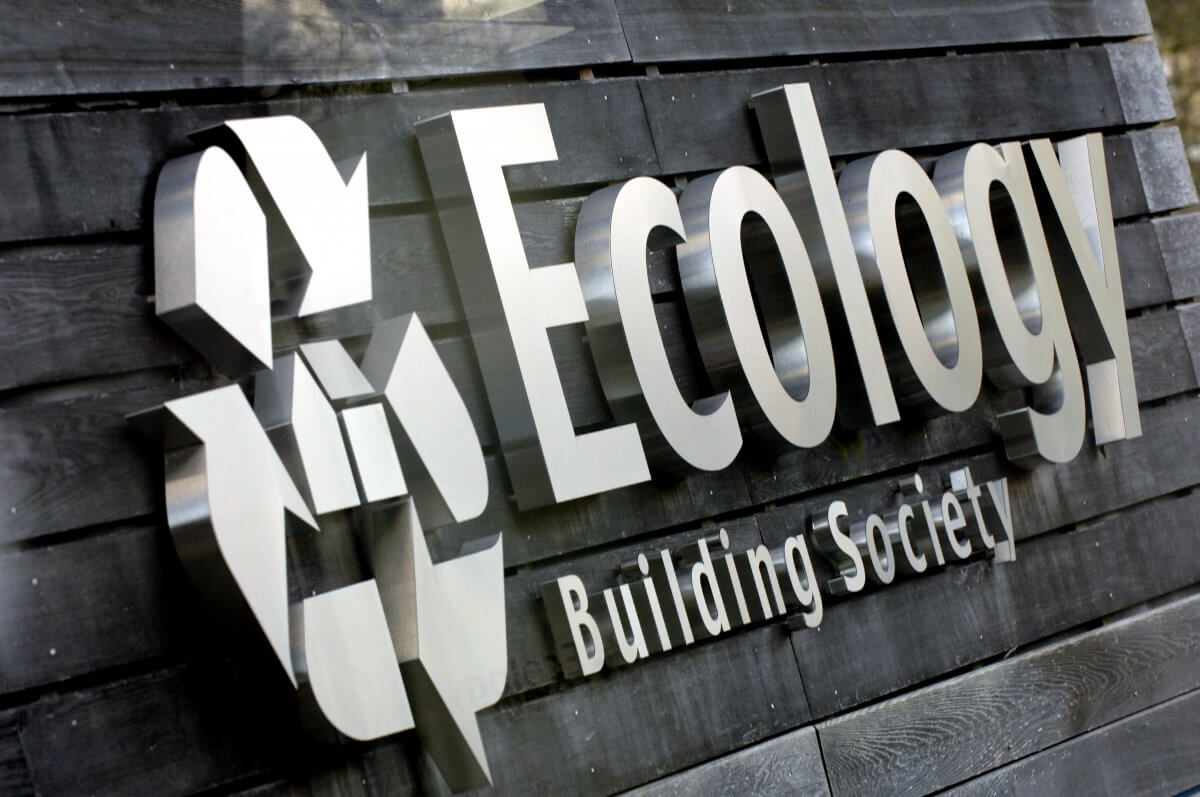Nearly three quarters of savers want their money to have a positive impact on people and planet

We’re launching new nationwide consumer research which shows that nearly three quarters (74%) of savers would like their money to have a positive impact on the environment and society.
The research (from Censuswide [1] ) shows tackling the climate crisis and helping to support affordable housing are the top priorities for consumers when it comes to having a positive impact with their savings.
In addition, over half of those surveyed (52%) would move providers if they could see the positive impact from how their bank or building society invests their savings. The findings back existing research from Ethical Consumer which found last year that ethical consumer spending and finance in the UK continues to rise[2], and had broken the £100bn mark in 2020 (at £122bn) for the first time.
Our research found that over half (53%) of those surveyed do not know how their bank or building society uses their money and the majority (65%) think the financial system is too complicated. Additionally, a lack of understanding in how to change saving products (33% find the process too complicated) is a barrier to changing providers, while 38% don’t understand the available products.
We believe that savers are seeking transparency and control, with 64% wanting to influence how and where their money is used. Banking is one of the largest contributors to an individual’s carbon footprint and choosing an ethical provider in which savers can see where their money is being used, can make a huge difference[3]. When asked about what sorts of projects or organisations consumers would like to support with their money in a savings product, tackling the climate crisis (34%) and supporting affordable housing (27%) were the top priorities.
We’re calling for greater transparency to give consumers confidence that their financial provider is using their money for positive purposes.

Gareth Griffiths, Ecology’s Chief Executive explained,
“This year already looks set to continue to follow in the trend of the last one which was defined by permacrisis. This means many people are understandably feeling a loss of control over many aspects of life. Spiralling cost of living and the climate emergency can feel far removed from individual action.
“This research demonstrates that there is a real demand from consumers to know how their money is being used. In a time of multiple pressures, people want to ensure strong returns but with a transparent process that they can support consciously.
“Ecology is powered by its members, who help drive and deliver on our mission to provide a fair and transparent financial system. Our members can be confident that their savings are being used to make a positive impact, home by home. Finance has a key role to play in supporting environmental development, increasing affordable housing and providing opportunities to transform the UK’s housing stock for a more sustainable future. We are committed to acting under a values based banking system and advocating for transparency for consumers to make the most informed decisions on who they choose to bank with.”
Ecology’s ecological mission has guided the Society’s lending for over 40 years and throughout that time we’ve been recognised as a green finance pioneer. We advocate for a simple, transparent savings system which allows control over where money is used to help people, planet and local communities.
Our savers’ money supports projects which have a positive environmental impact including ecological homes, community and affordable housing and sustainable communities.
[1] Ecology Building Society conducted the research in partnership with Censuswide. Censuswide is an international market research consultancy. Its teams are expert across various areas, including healthcare, corporate, international and consumer research. The survey featured 2,044 general consumer respondents over the age of 18 across the UK.
[2] https://www.ethicalconsumer.org/sites/default/files/inline-files/EC_Market_Report_2021.pdf
[3] https://www.greenpeace.org.uk/news/uk-banks-and-investors-responsible-for-nearly-double-the-uks-annual-carbon-emissions-report-finds/




